Speakers
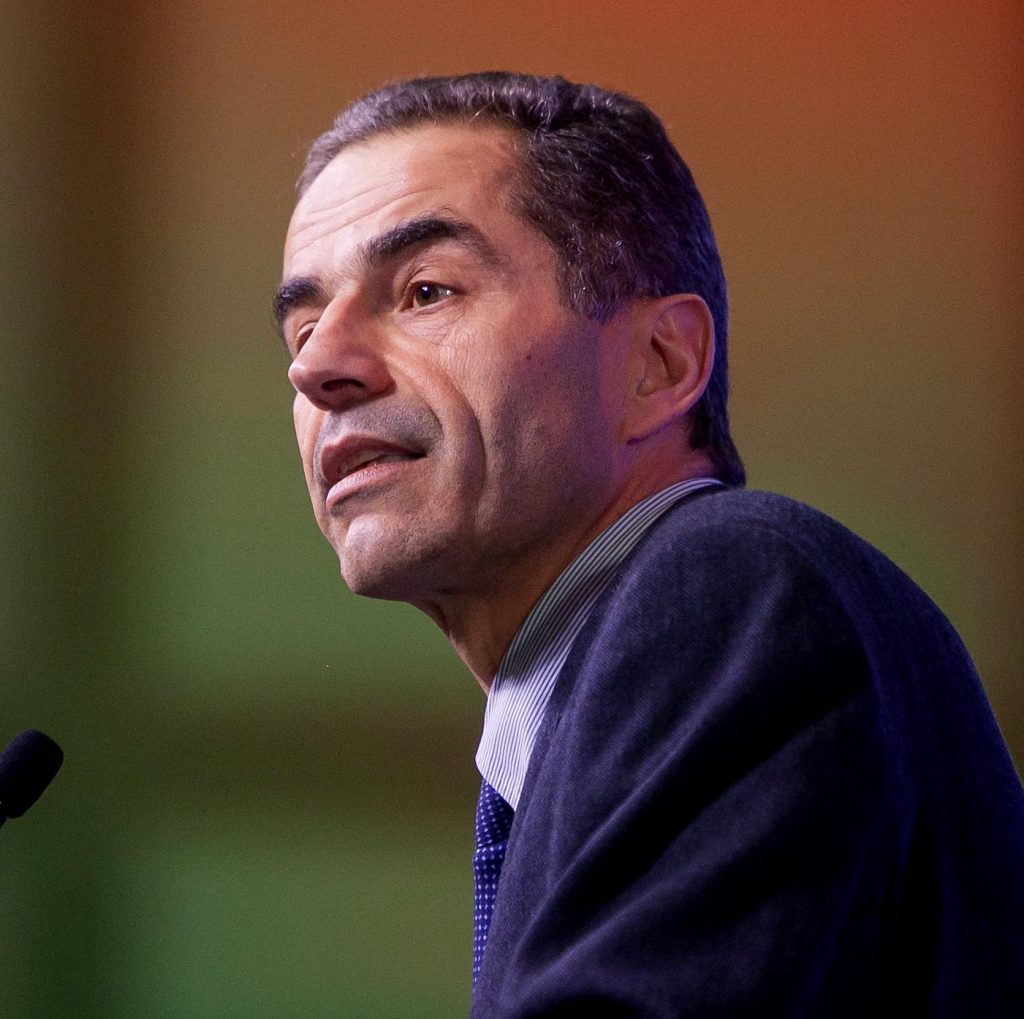
Manuel Heitor
Portuguese Minister for Science, Technology and Higher Education
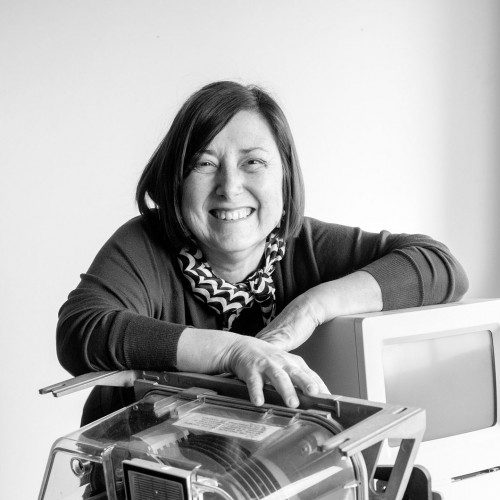
Maria Paula Diogo
Historian of Technology, NOVA School of Science and Technology, InsSciDE
Bio
Diogo is a Professor of History of Technology at the Department of Applied Social Sciences, Faculty of Sciences and Technology, NOVA University of Lisbon (FCT NOVA), and was coordinator of the Interuniversity Centre for the History of Science and Technology (CIUHCT).
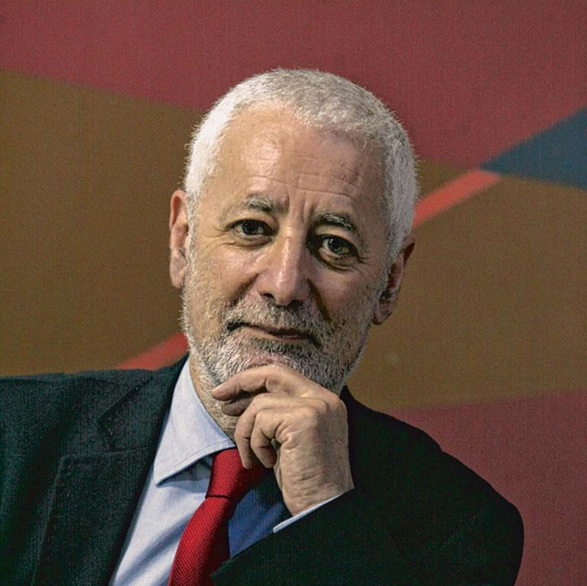
António Sampaio da Nóvoa
Professor at the University of Lisbon, former Ambassador of Portugal to UNESCO
Bio
António Nóvoa is a Professor at the University of Lisbon. He holds two doctorates, in Education (University of Geneva) and in History (University of Paris IV -Sorbonne). He was Rector of the University of Lisbon (2006-2013) and Ambassador of Portugal to UNESCO (2018-2021).
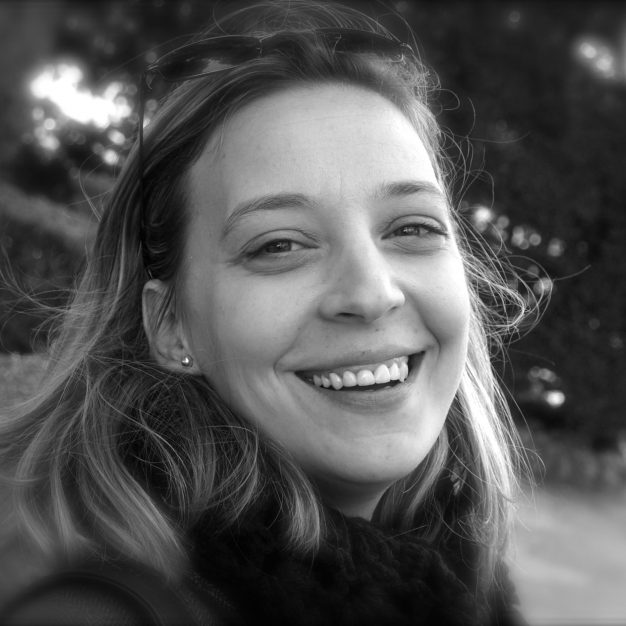
Ana Persic
Program Specialist at UNESCO
Bio
Persic coordinates the UNESCO Recommendation on Open Science and partnerships for Open Science and is the UNESCO focal point for science diplomacy. She has a Master in Ecological Sciences from the University of Padova, Italy, and PhD in Ecotoxicology from the University of Paris South, France.
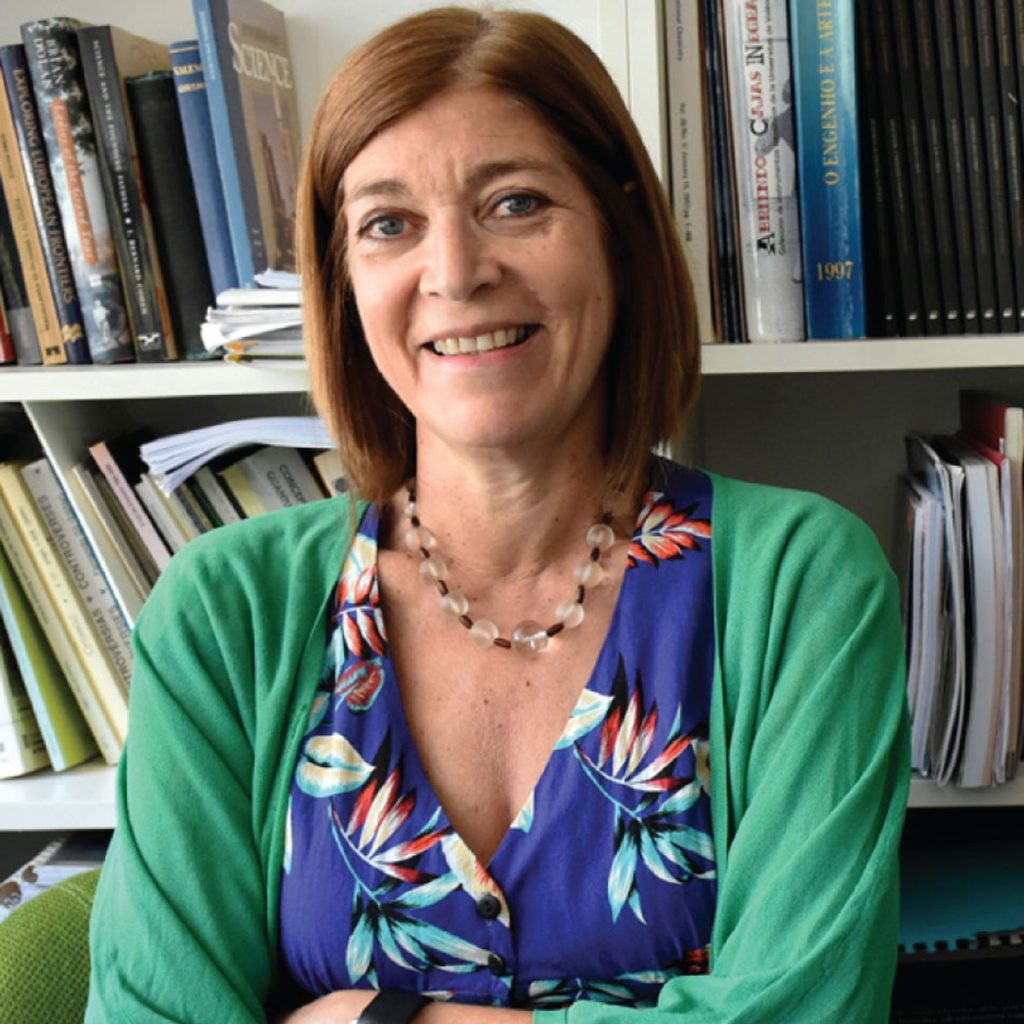
Ana Simões
Historian of Science, University of Lisbon, InsSciDE
Bio
Simões is a Professor of History of Science at the Department of History and Philosophy of Science of the Faculty of Sciences of the University of Lisbon, and was co-coordinator (2007-2019) of the Centre for the History of Science and Technology (CIUHCT). She was the President (2018-2020) of the European Society for the History of Science (ESHS) and is now the Vice-President.
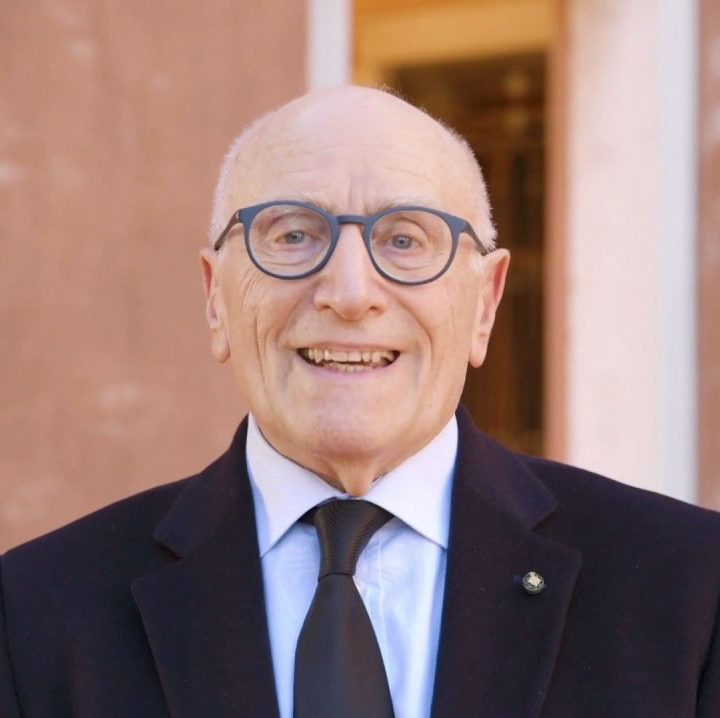
Umberto Vattani
Former Italian Secretary General of the Ministry of Foreign Affairs
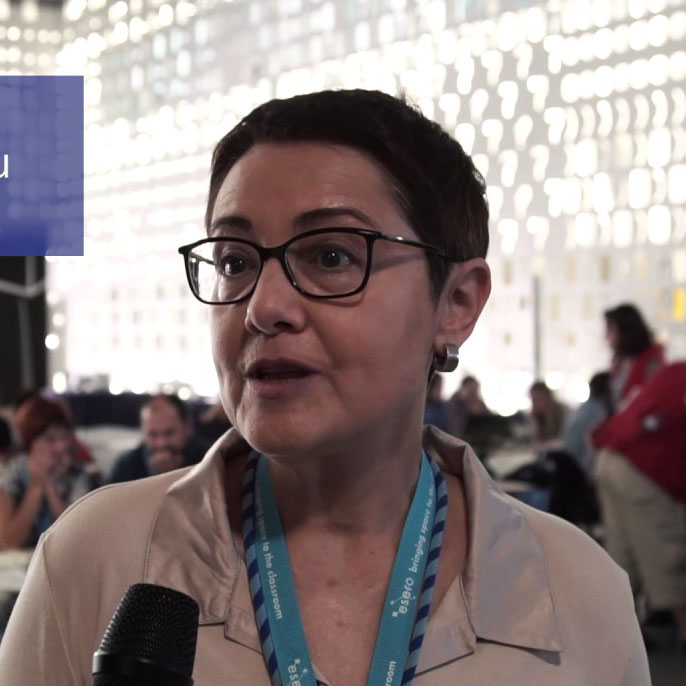
Ana Noronha
Executive Director, Ciência Viva
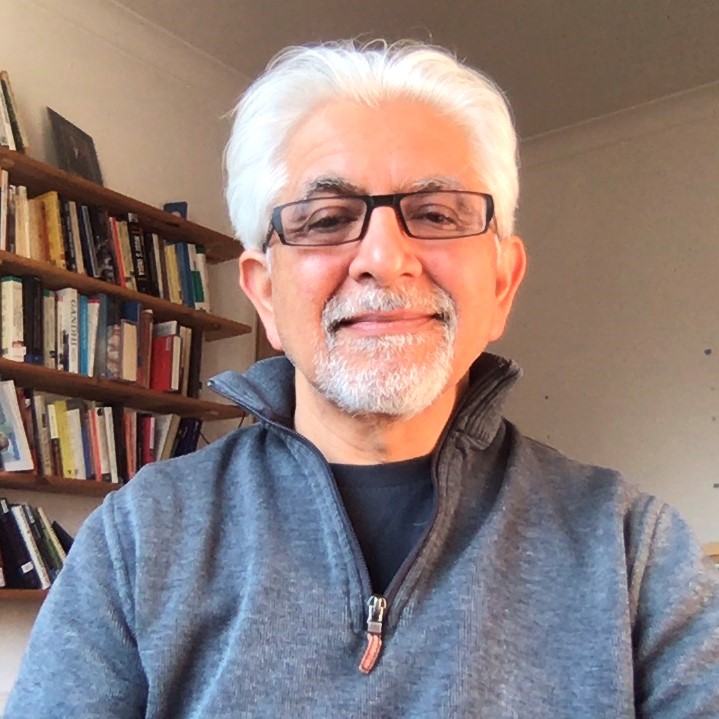
Sanjay Seth
Professor of Politics and Director, Centre for Postcolonial Studies, Goldsmiths, University of London
Bio
Seth has written extensively on postcolonial theory, social and political theory, and modern Indian history, including Subject Lessons: The Western Education of Colonial India; Marxist Theory and Nationalist Politics: Colonial India. He was a founding editor of the journal Postcolonial Studies from 1998-2020.
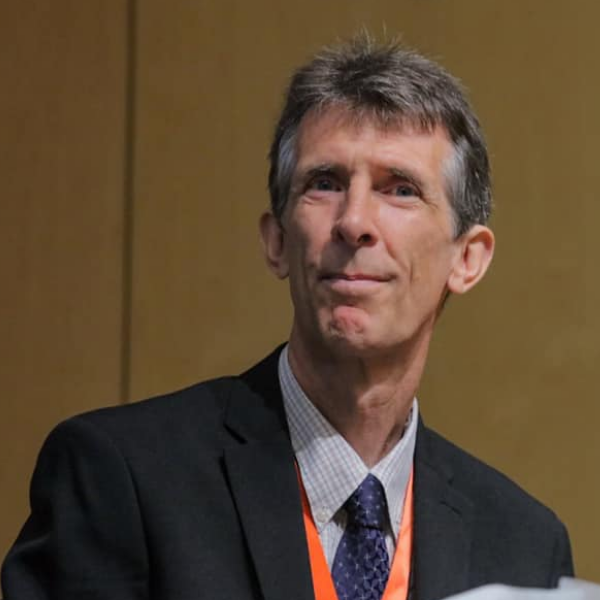
Peter McGrath
Executive Director, InterAcademy Partnership, Coordinator of TWAS Science Diplomacy
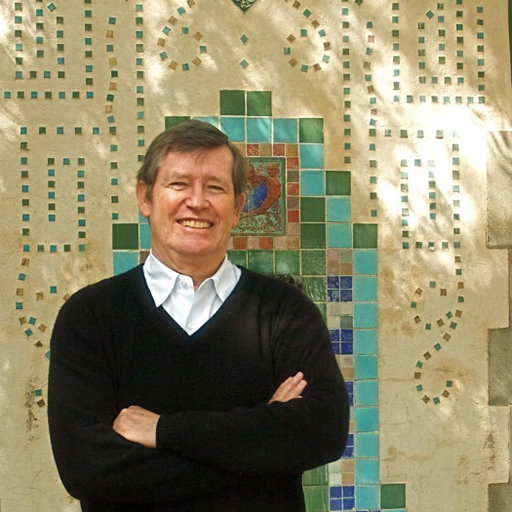
John Krige
Kranzberg Professor, Georgia Institute of Technology
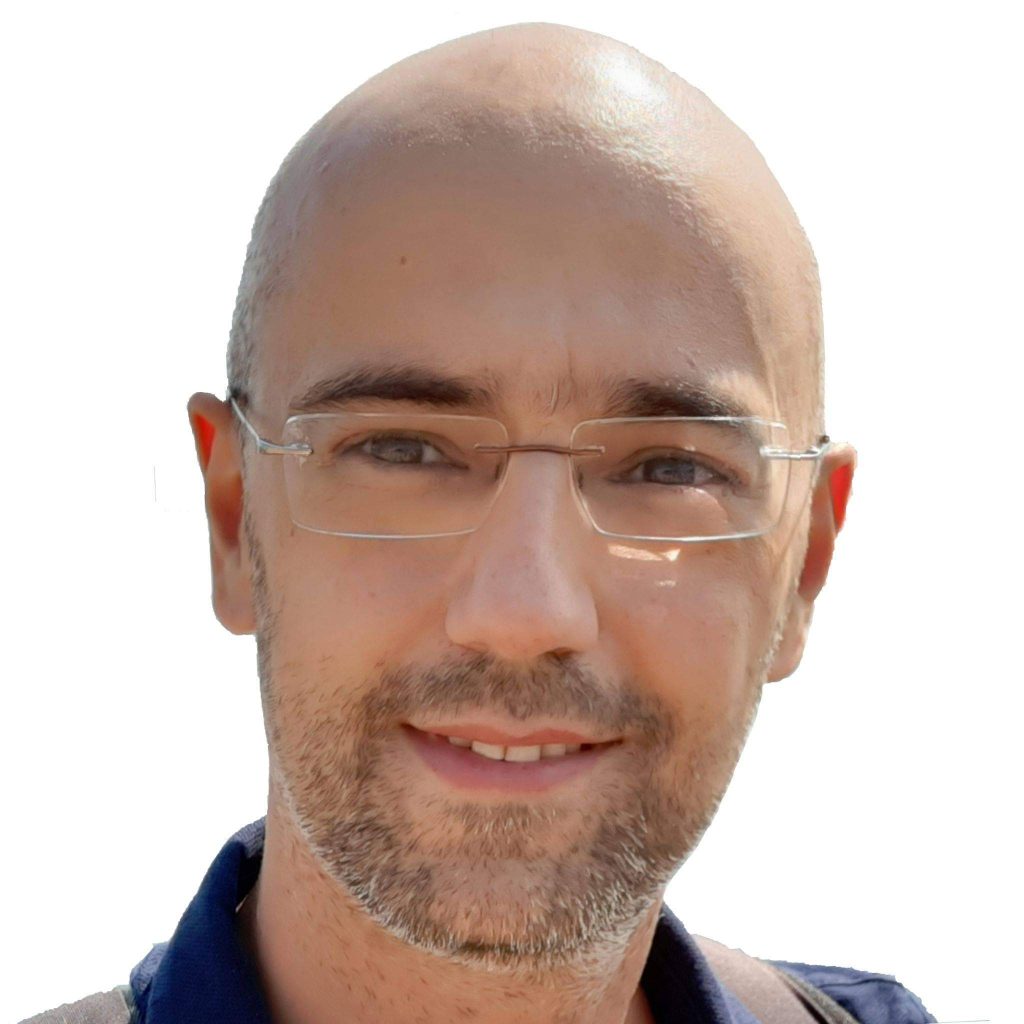
Hugo Pereira
Assistant Researcher, Interuniversity Centre for the History of Science and Technology, NOVA
Bio
Pereira is an Honorary Visiting Fellow at the Department of History (University of York). He holds a PhD in History from the Faculty of Arts of University of Porto and has published several books and articles about Portugal’s mainland and colonial railways. Academic interests include the use of photography to record activities of science, technology, engineering, and medicine and create representations and ideologies of progress and modernity.
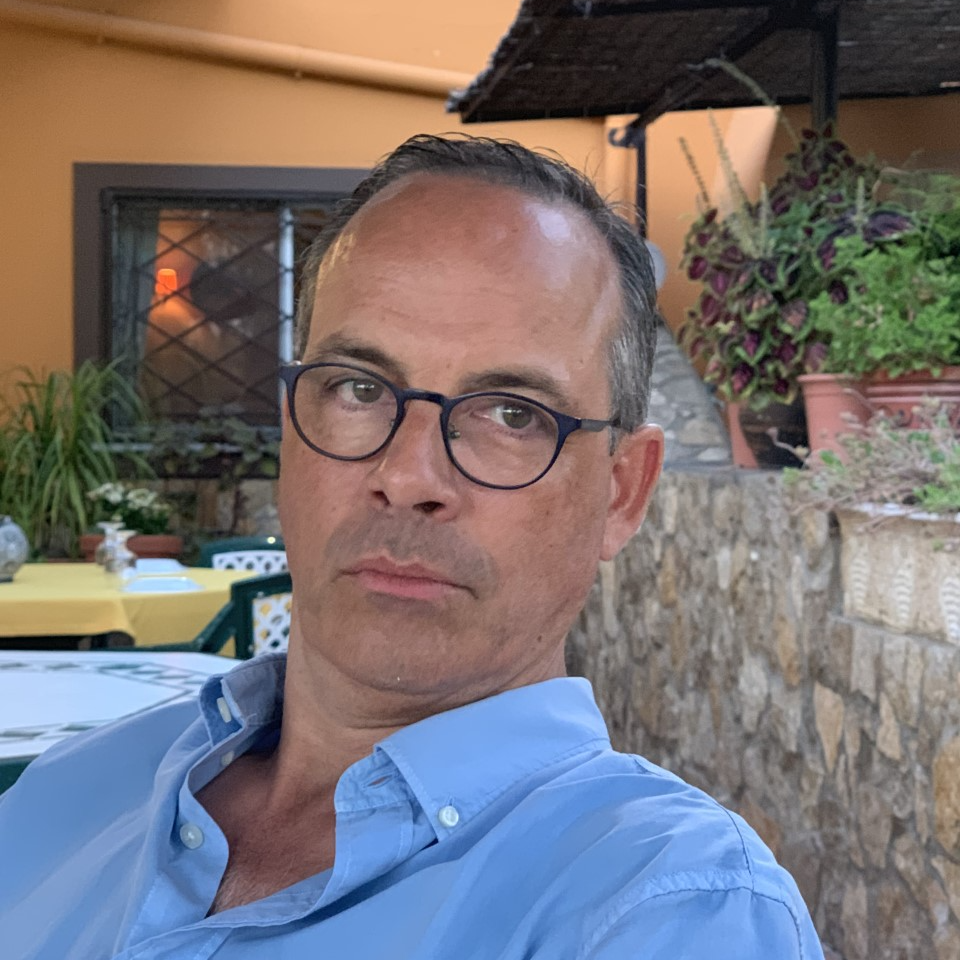
Jorge Flores
Coordinator Researcher, CIUHCT, Lisbon University
Bio
Flores specializes in the social and cultural history of the early modern Portuguese Empire in Asia, and more broadly in Europe-Asia interactions in the same period. He has taught history at the University of Macau, Brown University, and the European University Institute (Florence).
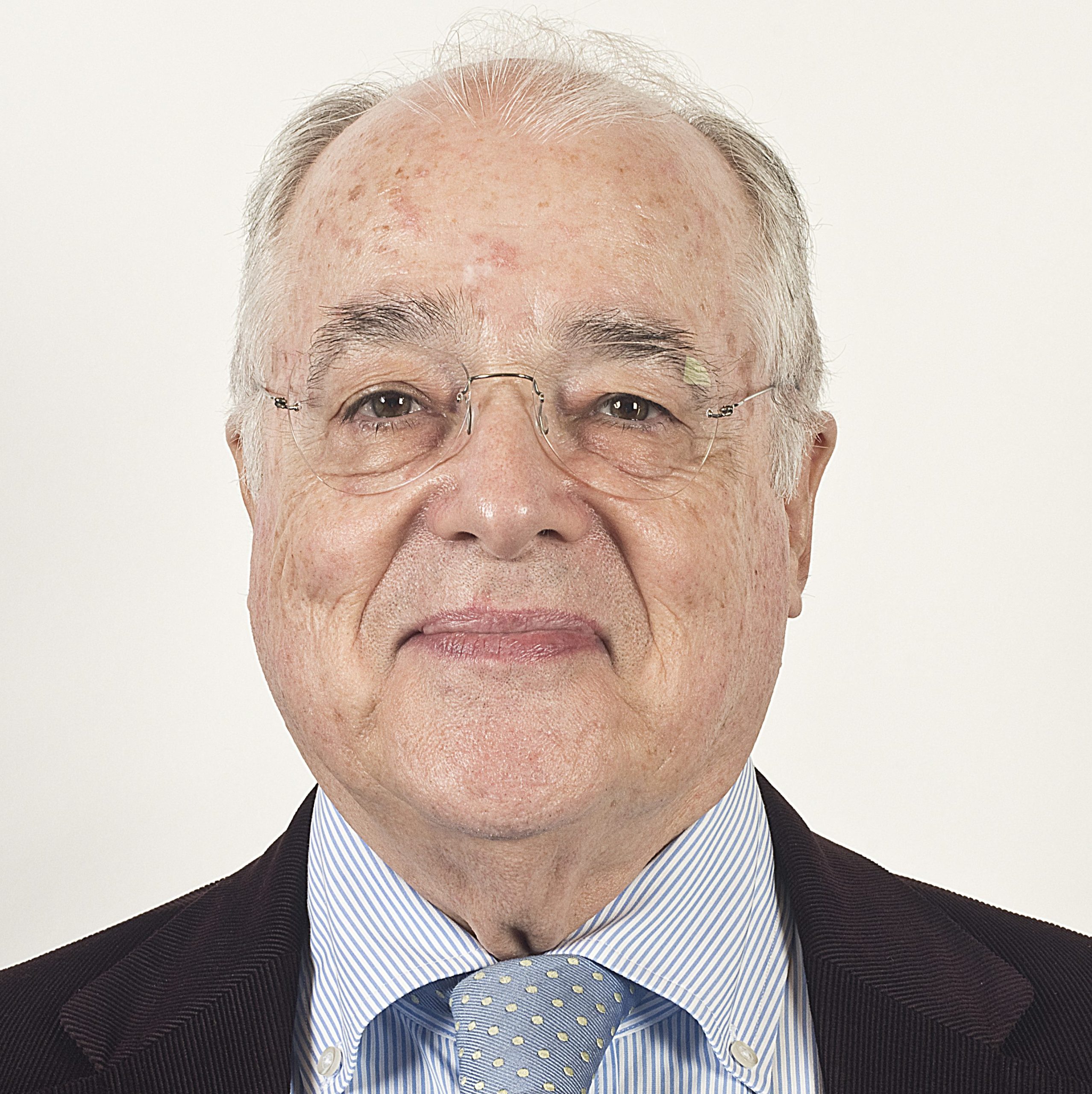
João Caraça
Senior Adviser to the Board of Administration of Calouste Gulbenkian Foundation
Bio
Caraça was Director of the Delegation in France of the Gulbenkian Foundation from 2012 to 2016 and
Director of the Science Department since 1988. He is on the Steering Committee of the European Forum on Philanthropy and Research. From 2017 to 2020 he was the President of the Governing Board of the
University of Coimbra. He has served as a member of the Governing Board of the European Institute of Innovation and Technology (EIT) and as President of the Advisory Board of the Portuguese Business Association for Innovation (COTEC). Caraça obtained a D. Phil. in Nuclear Physics at the University of Oxford (1973) and the Agregação in Physics at the University of Lisbon (1974).
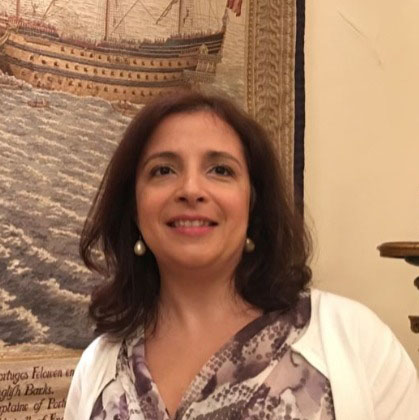
Joana Gaspar
Strategic Studies and Analyses Center at Instituto Diplomático
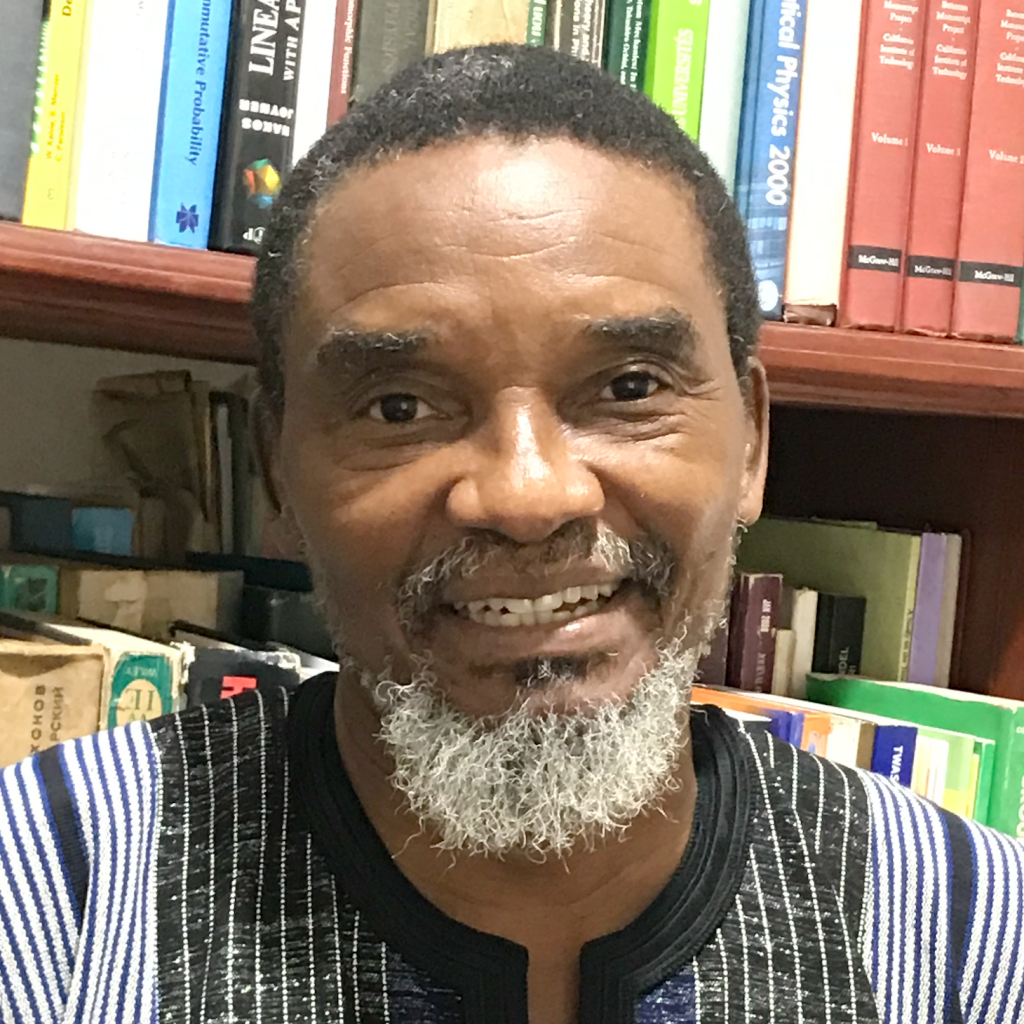
Mahouton Norbert Hounkonnou
President of Network of African Science Academies (NASAC)
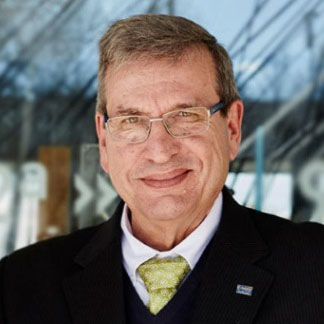
Rodrigo Martins
Vice-President, Portuguese Academy of Engineering
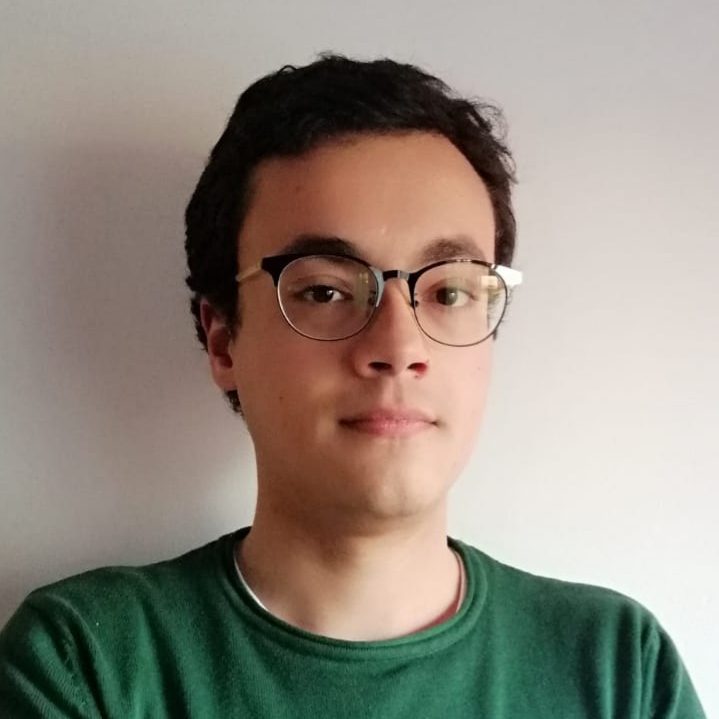
Leonardo Aboim Pires
University of Coimbra, ReSEED Project
Bio
Leonardo Aboim Pires holds a degree in History (2015) and a master’s degree in Contemporary
History (2018) from NOVA/FCSH. Currently he is a PhD candidate in Sustainability Sciences at ICS/ULisboa, supported by the Portuguese Foundation for Science and Technology (FCT)
through an individual research grant (2020.06506.BD). Researcher at Centre for Interdisciplinary Studies (University of Coimbra), since 2020 he collaborates to the project ReSEED_Rescuing seed’s heritage: engaging in a new framework of agriculture and innovation since the 18th century, funded by the European Research Council and coordinated by Dulce Freire. His main research interests are the economic and social history of Portugal during the
19th and 20th centuries, specially focused on issues of agriculture, rural society, and food,
having published several scientific articles in national and international journals or book chapters.
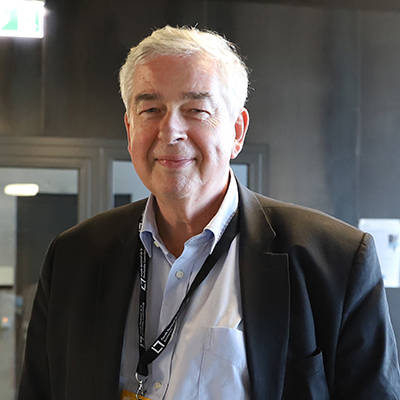
Pascal Griset
Sirice, Sorbonne Université, InsSciDE Coordinator
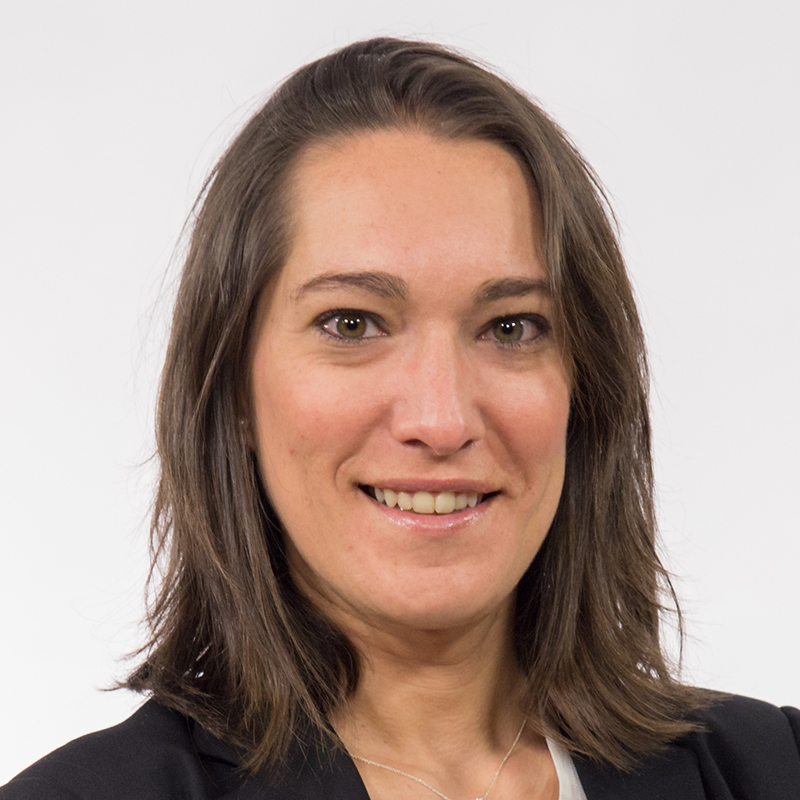
Ana Pinto
Portuguese Institute of International Relations
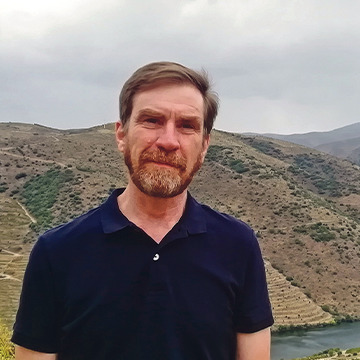
Thierry Aubry
Techno-scientific coordinator of the Côa Park Foundation
Bio
Aubry completed a PhD in Quaternary Geology and Prehistory in 1991 at the University of Bordeaux. He is responsible for Palaeolithic research at the Coa Valley Archaeological Park. His research themes are the supply of raw materials and knapping methods of Upper and Middle Palaeolithic lithic industries, as well as the reconstruction of geological processes at open-air, rock-shelter or cave archaeological sites.
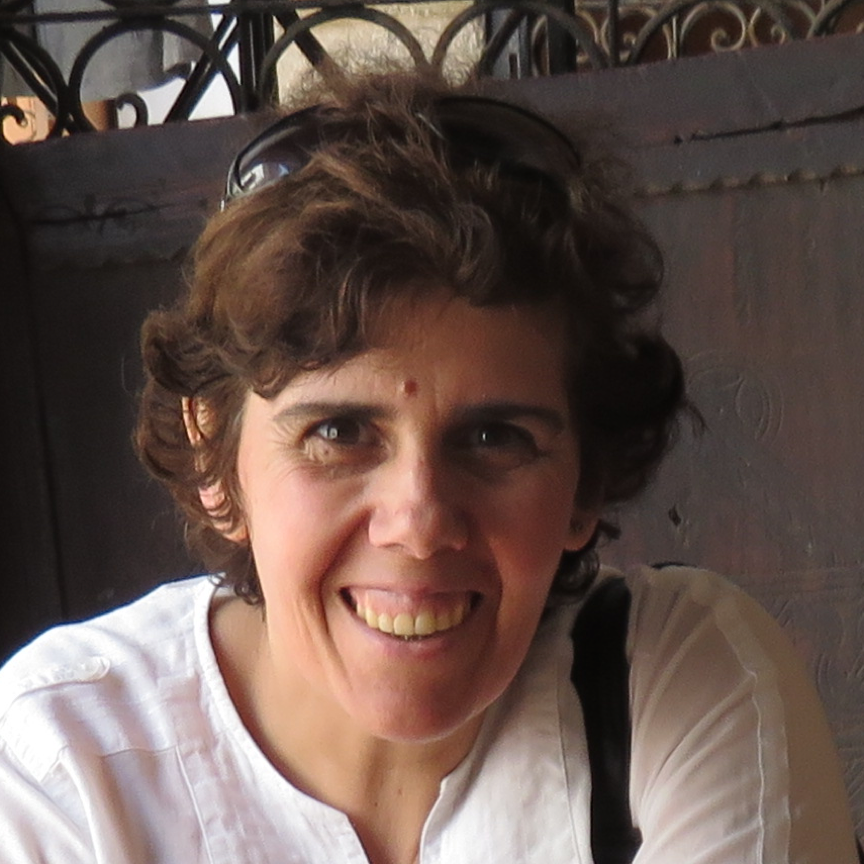
Cristina Luís
Interuniversity Centre for the History of Science and Technology (CIUHCT), Lisbon University

Gabriela Ferreira
São Paulo University
Bio
Gabriela Ferreira is a postdoctoral fellow at the Political Science Department, and a researcher at the International Negotiations Centre, both from the University of São Paulo.
She is currently a member of the Executive Committee of the São Paulo School of Innovation and Science Diplomacy and a researcher at the GENDER STI project. Her research interests are Science and Innovation Diplomacy; and gender issues in Science, Technology and Innovation with a focus on International Relations.
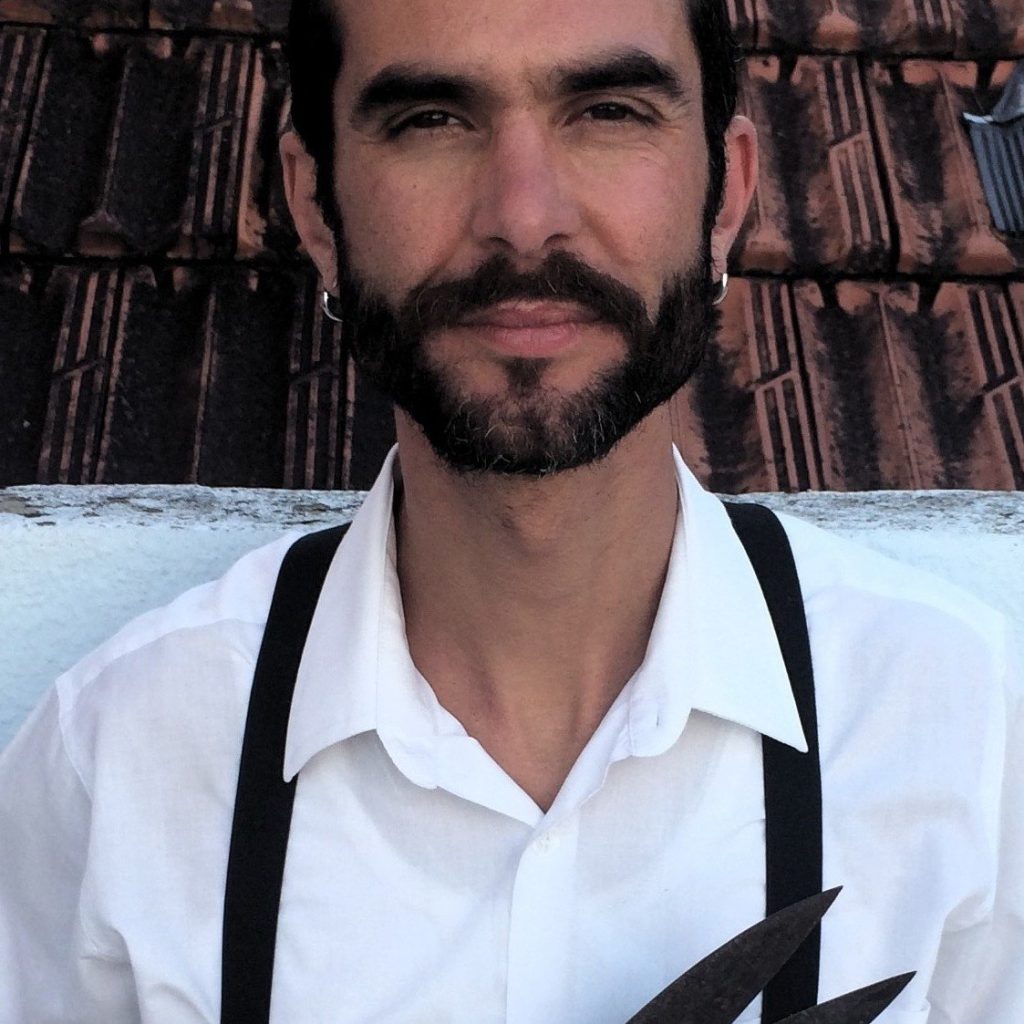
Jaume Valentines-Álvares
Research Fellow & Assistant Professor (Adjunct) CIUHCT, NOVA School of Science and Technology
Bio
Valentines-Álvarez is a historian of modern technology dealing with the entanglement between political and expert authorities in the Iberian Peninsula. Research interests include political and energy crises, emotions as antidote to scientific ignorance, and the collective construction of technology as means of both protest and mutual aid. He regularly organizes meetings that bring academics, activists and local communities together (“Science, Technology and Medicine in the Square”).
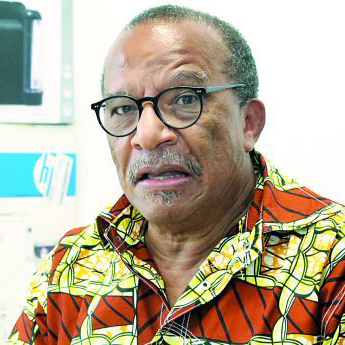
Justino Pinto de Andrade
Universidade Católica de Angola
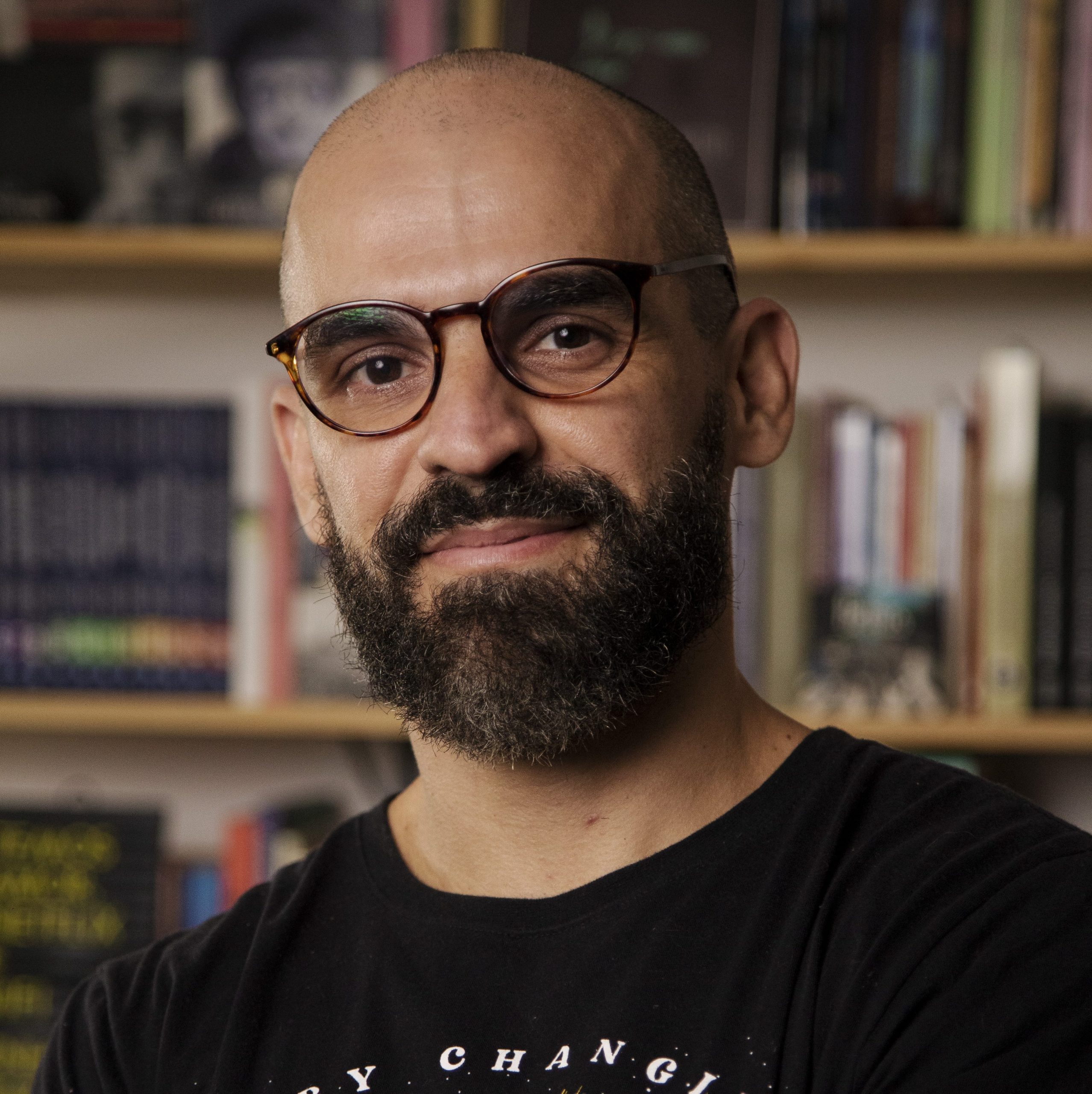
André Felipe Cândido da Silva
Researcher and Professor at Casa de Oswaldo Cruz, Brazil
Bio
Cândido da Silva is a researcher on History of Science, Medicine, and Environment at the Casa de Oswaldo Cruz, FIOCRUZ, Brazil, and Professor of the Graduate Program in History of Science and Health from Casa de Oswaldo Cruz. His research comprises the history of life sciences in 20th century Brazil, with a focus on the history of ecological knowledge and the knowledge circulation involving South America, Europe, and the USA, particularly the intellectual relations between Brazil and Germany, analyzing diplomacy’s role in scientific exchanges.
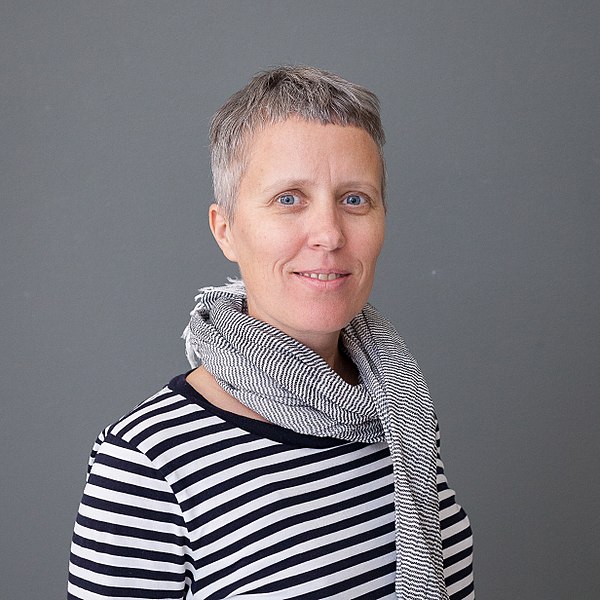
Katja Meyer
Center for Social Innovation, University of Vienna
Bio
Mayer is a sociologist at the University of Vienna. She runs the project “Politics of Openness – Open Data Practices in the Computational Social Sciences”. Her focus as senior scientist at the Center for Social Innovation (ZSI) is on research and innovation policy. For the EU project S4D4C, she compiled a report on Open Science Diplomacy. She has co-led the working group on a national open science strategy at OANA until 2020.
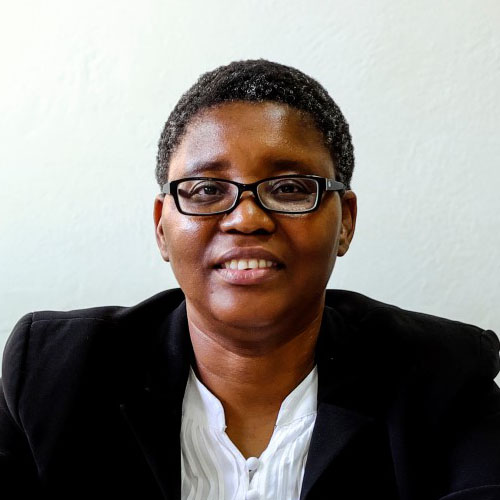
Inês Macamo Raimundo
Bio
Raimundo is an Associate Professor and Senior Researcher at the Department of Geography and Center for Policy Analysis of Eduardo Mondlane University, Faculty of Arts and Social Sciences, Maputo, Mozambique. In her work, Raimundo focuses on Population Mobility and Migration, Forced Migration and Internally Displaced Persons, Environmental refugees, urbanization and food security in Mozambique.
Universidade Eduardo Mondlane, Mozambique
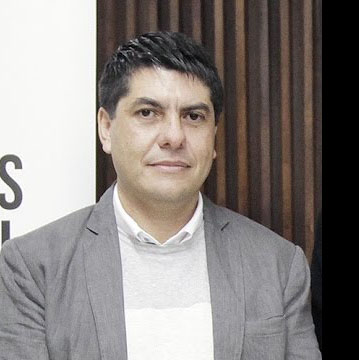
Nelson Arellano-Escudero
Professor, Universidad Academia de Humanismo Cristiano in Chile
Bio
He has a Ph.D. in Sustainability from Barcelona Tech. His research interests are in history of technology, sustainability and techno-environmental conflicts. He has published articles in journals of History and Social Work; he is a member of several scientific societies in Europe and Chile and a professor in the Ph.D. program Latin American Transdisciplinary Studies (DETLA) UAHC.
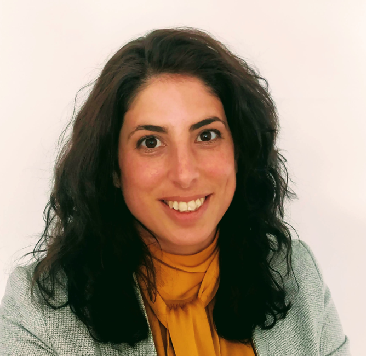
Marta Passadouro
Advisor for Research at the Rector’s Office and Project Diretor of CoimbraHealth
Bio
Trained as a Molecular Biologist with a PhD in Gene Therapy, Passadouro has been working for the past 12 years in the Life Sciences, Health and Healthcare field as a researcher, science manager, entrepreneur, Biotech and IP consultant. She is also a co-founder of the Portuguese Chapter of Women in Global Health.
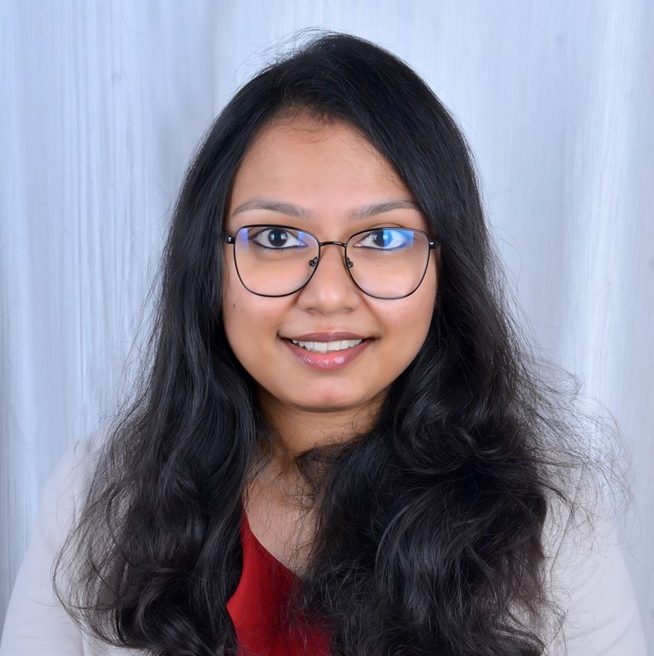
Sneha Sinha
Consultant, Research and Information System for Developing Countries (RIS)
Bio
Sinha holds a Ph.D. in Science Policy Studies from Jawaharlal Nehru University. She works on the RIS Science Diplomacy Programme and is responsible for organising capacity building activities, seminars, lectures and conferences for the Forum for Indian Science Diplomacy. Her research interests include History of Science and Technology, Science Diplomacy, Gender and STI, STI and Society. She is Associate Editor of the Science Diplomacy Review.
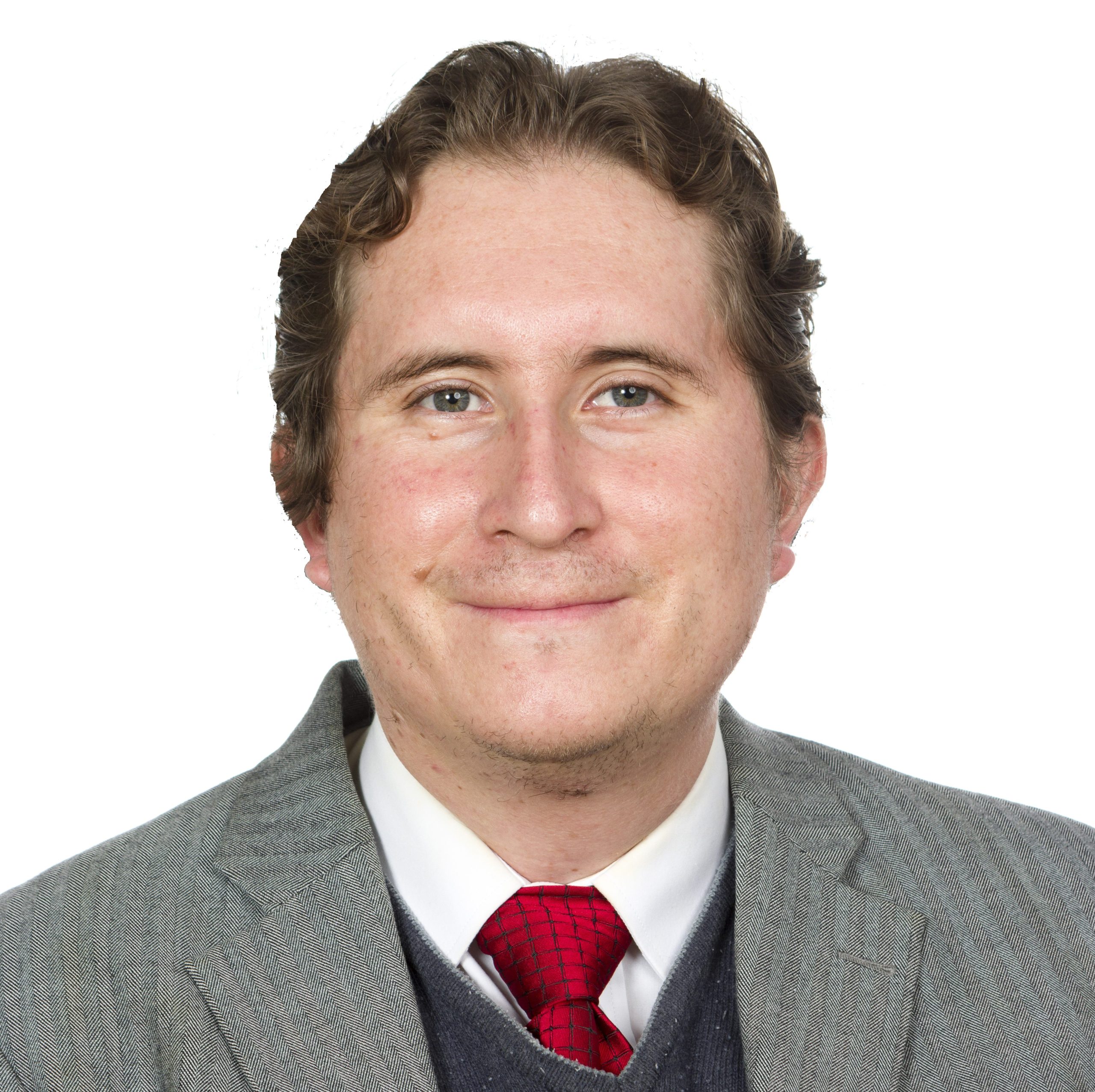
Javier Poveda Figueroa
PhD student in History of Science at Universidad Autonoma de Barcelona
Bio
Poveda Figueroa studied Systems Engineering at Universidad Politecnica Salesiana del Ecuador and Artificial Intelligence at Universitat Politecnica de Catalunya, Universitat Rovira i Virgilí, and Universitat de Barcelona. He is interested in scientific international relations during the early modern period and in the history of artificial intelligence and computer science during the Cold War.
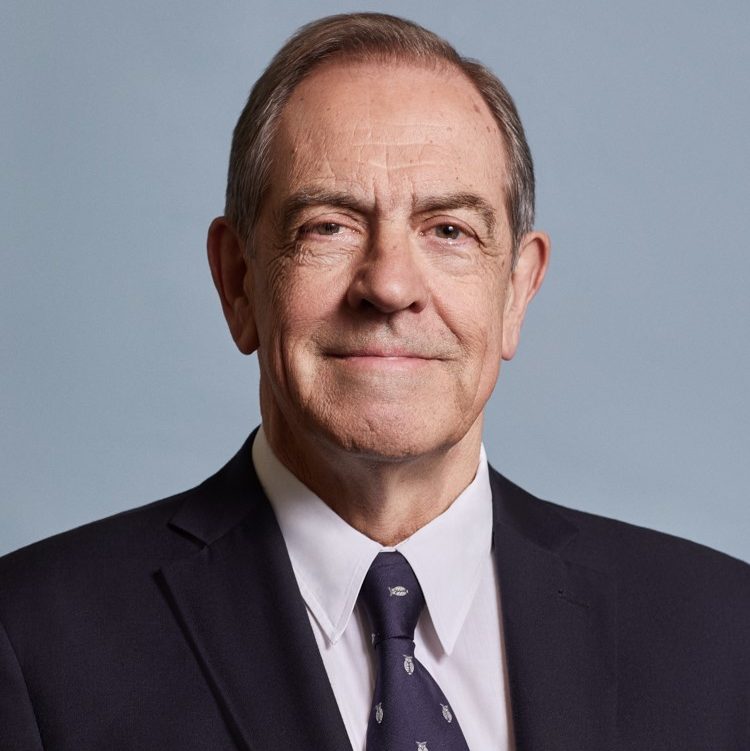
Jorge Braga de Macedo
Professor of Economics, Nova School of Business and Economics, Treasurer of Lisbon Academy of Sciences
Bio
At Nova since 1976, he founded and directed the Centre for Globalization and Governance and the Doctoral Program on Tropical Knowledge and Management. He is a member of the Portuguese Academy of History and the Royal Academy of Belgium; Distinguished Fellow at Centre for International Governance Innovation; Research Associate at National Bureau of Economic Research; Research Fellow at Centre for Economic Policy Research. He has served as Director for National Economies at the European Commission; as Minister of Finance for Portugal; and President of the Parliamentary Committee for European Affairs of the OECD Development Centre.

Luís Miguel Lacerda
Representative of PARSUK University College London Universidade Católica Portuguesa
Bio
Lacerda holds a PhD in Neuroimaging from King’s College London. He is a Research Associate in Paediatric Clinical Neuroimaging at University College London and Assistant Professor at the Faculty of Medicine of Universidade Católica Portuguesa. He led the Portuguese Association of Researchers and Students of the United Kingdom (PARSUK) to create the first Scientific Advisory Board in an Embassy in Portugal, where he now sits as secretary. Recently, he co-founded “A Próxima Geração – Apolitical Academy” – the first academy with a global context, non-partisan and non-profit in Portugal with the aim of revitalizing Portuguese democracy.
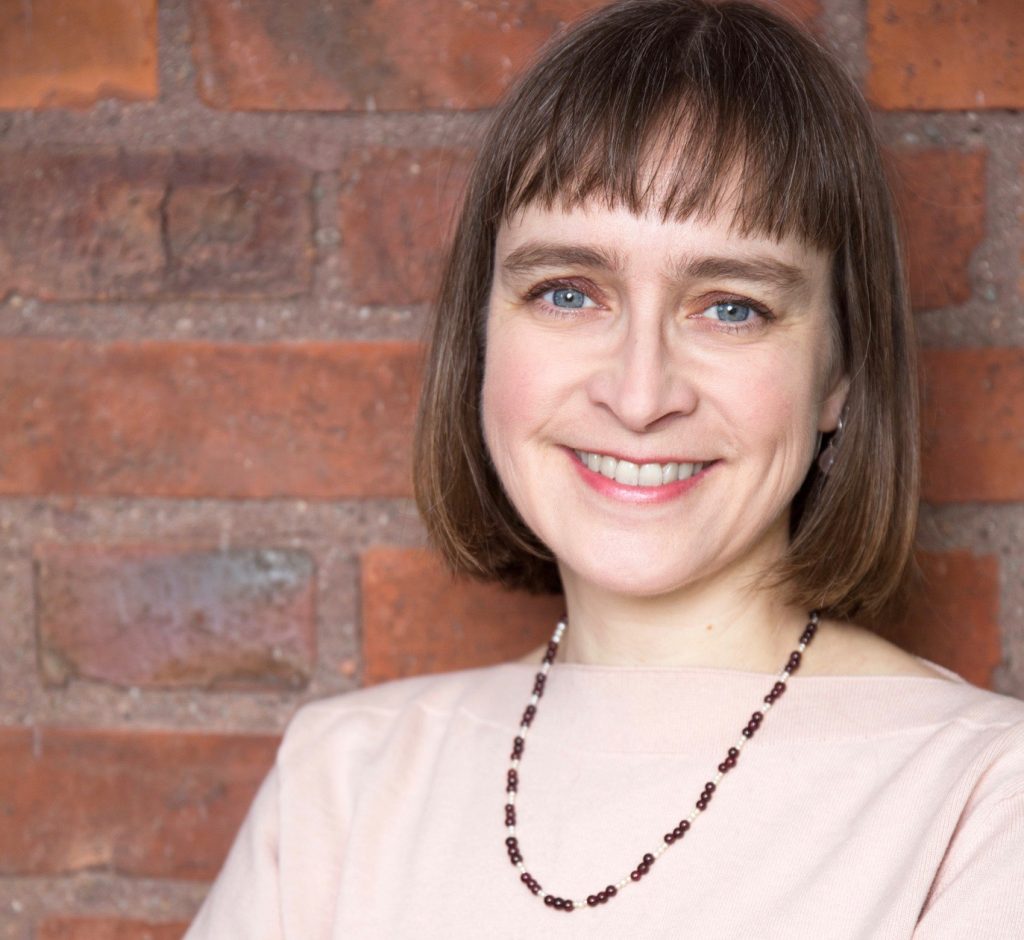
Nina Wormbs
Professor of History of Technology at KTH Royal Institute of Technology, Sweden
Bio
Wormbs’ research has focused on media history with special interest in infrastructural and political issues concerning broadcasting technologies and frequency allocations. She has served on several commissions of the Swedish Ministry of Culture and sits on steering committees for the Swedish National Library and the Swedish Agency for Accessible Media, on the board for Ridderstad foundation and on the jury for the Lars Salvius Society.
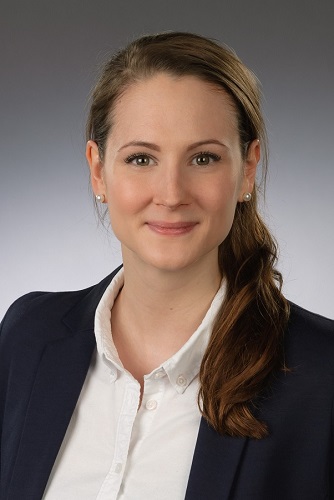
Sophie-Luise Mävers
Postdoctoral Research Assistant and Lecturer in History of Art at University of Cologne
Bio
Mävers is a postdoctoral research assistant in the early modern period at the University of Cologne. Her habilitation project deals with collaborations between artists and scientific societies in the metropolises of Paris, London and Berlin in the 17th and 18th centuries. As a scholarship holder of the Konrad-Adenauer-Stiftung, she received her doctorate with a thesis on the Kassel Academy of Arts in the 18th and 19th centuries. Her research interests also include the teaching activities of women artists at academies of art, the relationships between scientists and artists in the context of Renaissance garden architecture, and the visual strategies of early modern science communication.

Jérôme Pierrel
Assistant Professor History of Sciences and Technology at Bordeaux University
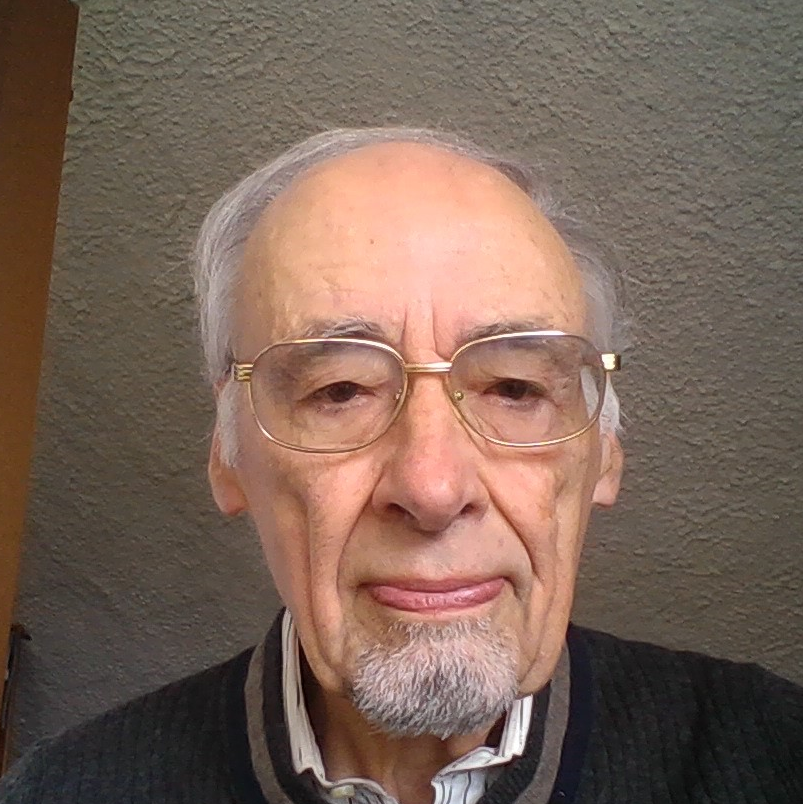
Rui Vilela Mendes
Lisbon Academy of Sciences and University of Lisbon
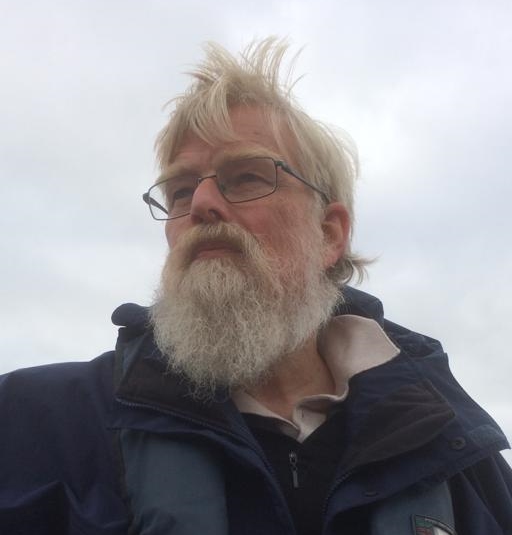
Peter Collins
Emeritus Director at the Royal Society
Bio
Collins joined the staff at the Royal Society in 1981 and retired in 2013. For much of the time he was Director of Science Policy, and later also held various senior governance roles. Collins was closely involved in the creation of EASAC, and was its first Executive Secretary 2001–07. In retirement, he has completed a book on the postwar history of the Society, The Royal Society and the promotion of science since 1960 (CUP, 2016).

Alessia Chiriatti
Research Fellow, University of Padua
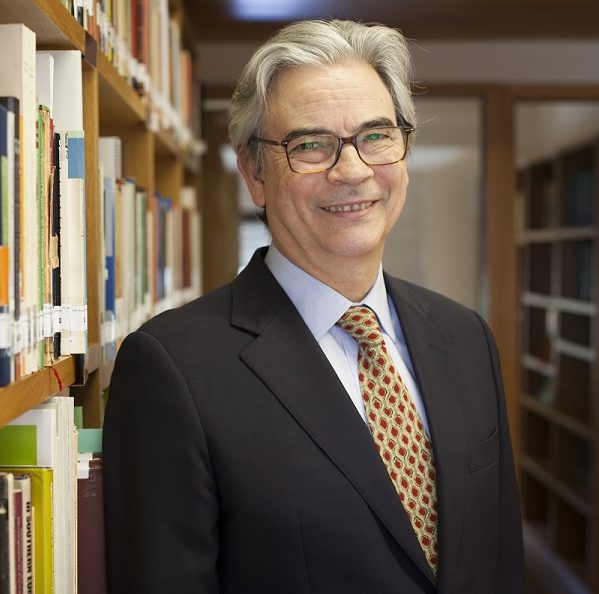
José Luís Cardoso
Research Professor at University of Lisbon, President of the Lisbon Academy of Sciences
Bio
Cardoso is President of the Lisbon Academy of Sciences and research professor at the Institute of Social Sciences of the University of Lisbon, where he served as Deputy Director (2010-2014) and Director (2014-2018). Until 2008 he was full professor of economics and history of economic thought at ISEG, University of Lisbon. He collaborates with several foreign universities as visiting professor. He is author and editor of several books on the Portuguese history of economic thought from a comparative perspective, with special emphasis on the study of the processes of diffusion and assimilation of economic ideas.
